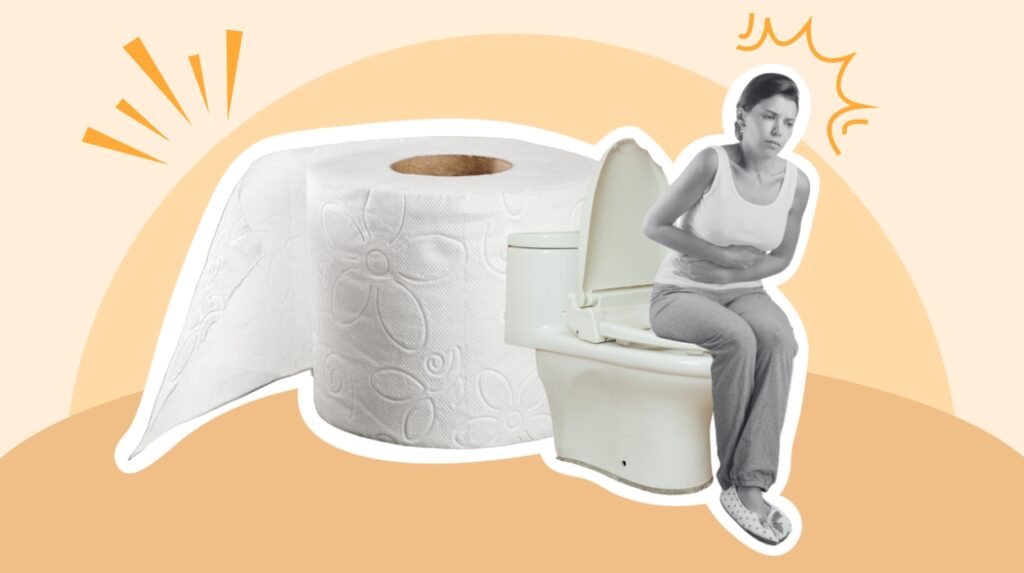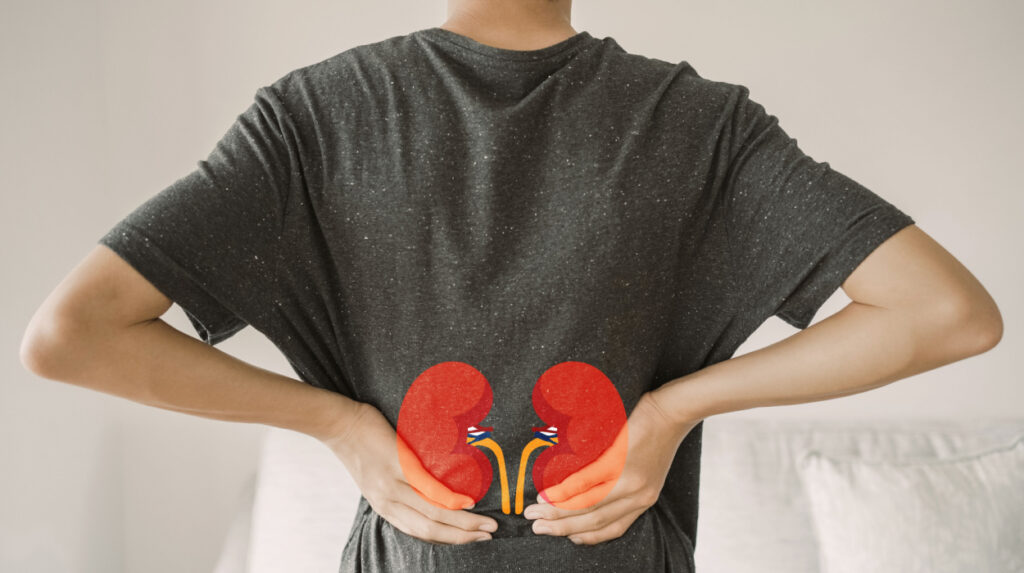January 23, 2024
How To Get Rid Of Diarrhea 2024? 9 Suggestions & Relevant Tips
Diarrhea is a common sign of gastrointestinal disease and the most common reason people go…

February 27, 2024
A migraine[1] is a type of headache that causes repeated attacks. During migraine attacks, a person experiences moderate to severe pulsating or throbbing. This occurs on just one side of…
 By Jennifer Jacobsen, PhD
By Jennifer Jacobsen, PhD

February 25, 2024
Many women experience weight fluctuations during their menstrual cycle, with some noticing an increase in weight during their period. This temporary weight gain is a common symptom for many women…

February 18, 2024
Most of us know that good sleep is important for health. However, it can be difficult to get enough rest each night. Busy schedules can push bedtime later; Early morning…
 By Jennifer Jacobsen, PhD
By Jennifer Jacobsen, PhD

January 29, 2024
With the traditional Western diet and lifestyle, constipation has become extremely prevalent in the year . This article highlights everything you need to know about constipation from what it is,…
 By Zaakir Shakoor, Nutritionist
By Zaakir Shakoor, Nutritionist

January 26, 2024
While there are several diet plans, videos, etc., targeted at people trying to lose weight, they are not enough for many other people struggling to gain weight. Symptoms of a…
 By Sherise Benton, Medical Writer
By Sherise Benton, Medical Writer

January 25, 2024
Women’s health statistics provide important information about the risk of disease within the population. These statistics also show that some populations are at greater risk of health problems than others.…
 By Jennifer Jacobsen, PhD
By Jennifer Jacobsen, PhD

January 23, 2024
Diarrhea is a common sign of gastrointestinal disease and the most common reason people go…

January 23, 2024
We can’t live without red blood cells (RBCs). These little workhorses carry oxygen and carbon…

January 11, 2024
Maintaining a healthy gut is crucial for overall well-being and digestive function. Research[1] has demonstrated…

January 04, 2024
Your gut plays a crucial role in overall health and well-being. It’s responsible for digesting…

December 29, 2023
Lupus[1] is a rare autoimmune disorder that involves the immune system attacking healthy tissue. The most common form[1] of lupus is systemic lupus erythematosus. This condition leads to widespread inflammation…
 By Jennifer Jacobsen, PhD
By Jennifer Jacobsen, PhD

December 22, 2023
Cancer of any type can be devastating, and testicular cancer is no different. Understanding important facts, such as risk factors for developing testicular cancer, can be helpful. When you’re equipped…
 By Jennifer Jacobsen, PhD
By Jennifer Jacobsen, PhD

December 19, 2023
Cancer of any type can be devastating, and kidney cancer is no different. Given the risks associated with cancer, it’s important to be aware of key facts and statistics related…
 By Jennifer Jacobsen, PhD
By Jennifer Jacobsen, PhD

December 18, 2023
Garlic, a delightful ingredient that elevates dishes, often leaves us with an unwelcome companion: garlic breath. But fear not! We have the solution to restore your breath’s freshness. In this…
 By Syed Hasan, MS
By Syed Hasan, MS

December 13, 2023
Leukemia[1] is a group of blood cell cancers that advance at different speeds. These types affect specific age groups, with some types more common[2] in children and others more common…
 By Mitchelle Morgan, MA
By Mitchelle Morgan, MA

December 12, 2023
Rheumatoid arthritis,[1] also called RA, is a chronic autoimmune inflammatory disease. This and osteoarthritis are two of the most common[2] rheumatic and musculoskeletal diseases globally. When a person has RA,…
 By Jennifer Jacobsen, PhD
By Jennifer Jacobsen, PhD
Subscribe to free WebMD newsletters.
By clicking Subscribe, I agree to the WebMD Terms & Conditions & Privacy Policy and understand that I may opt out of WebMD subscriptions at any time.